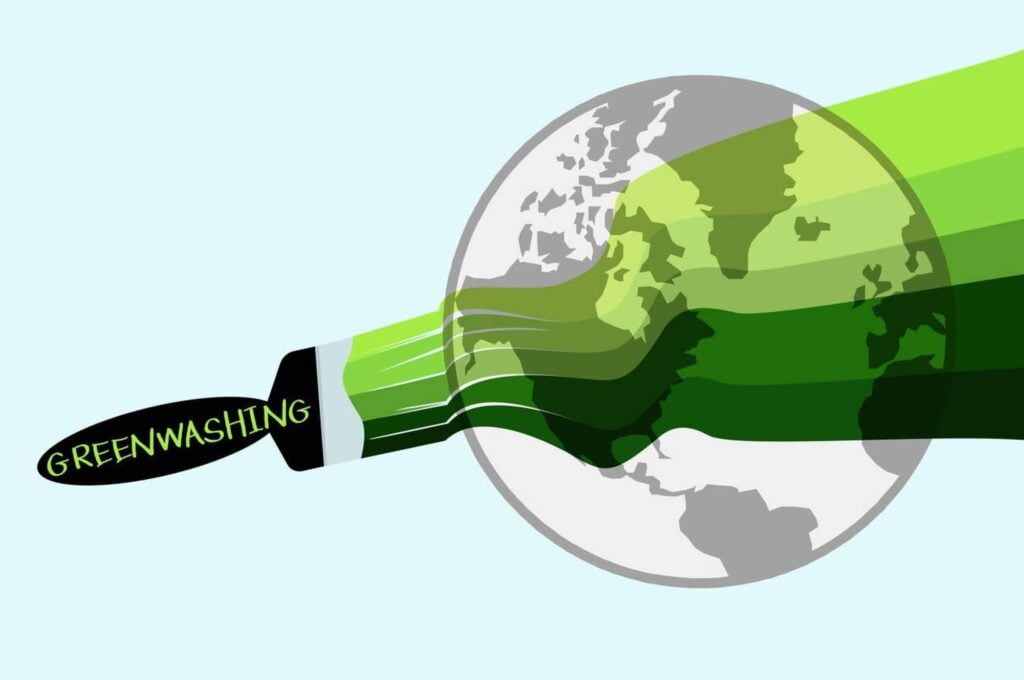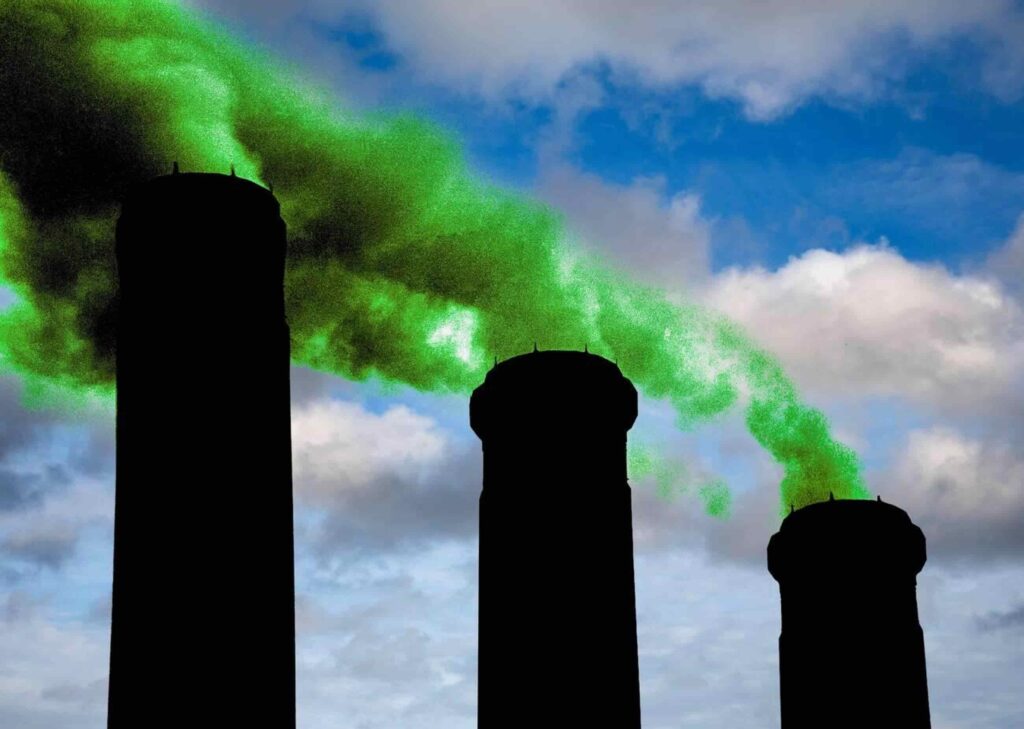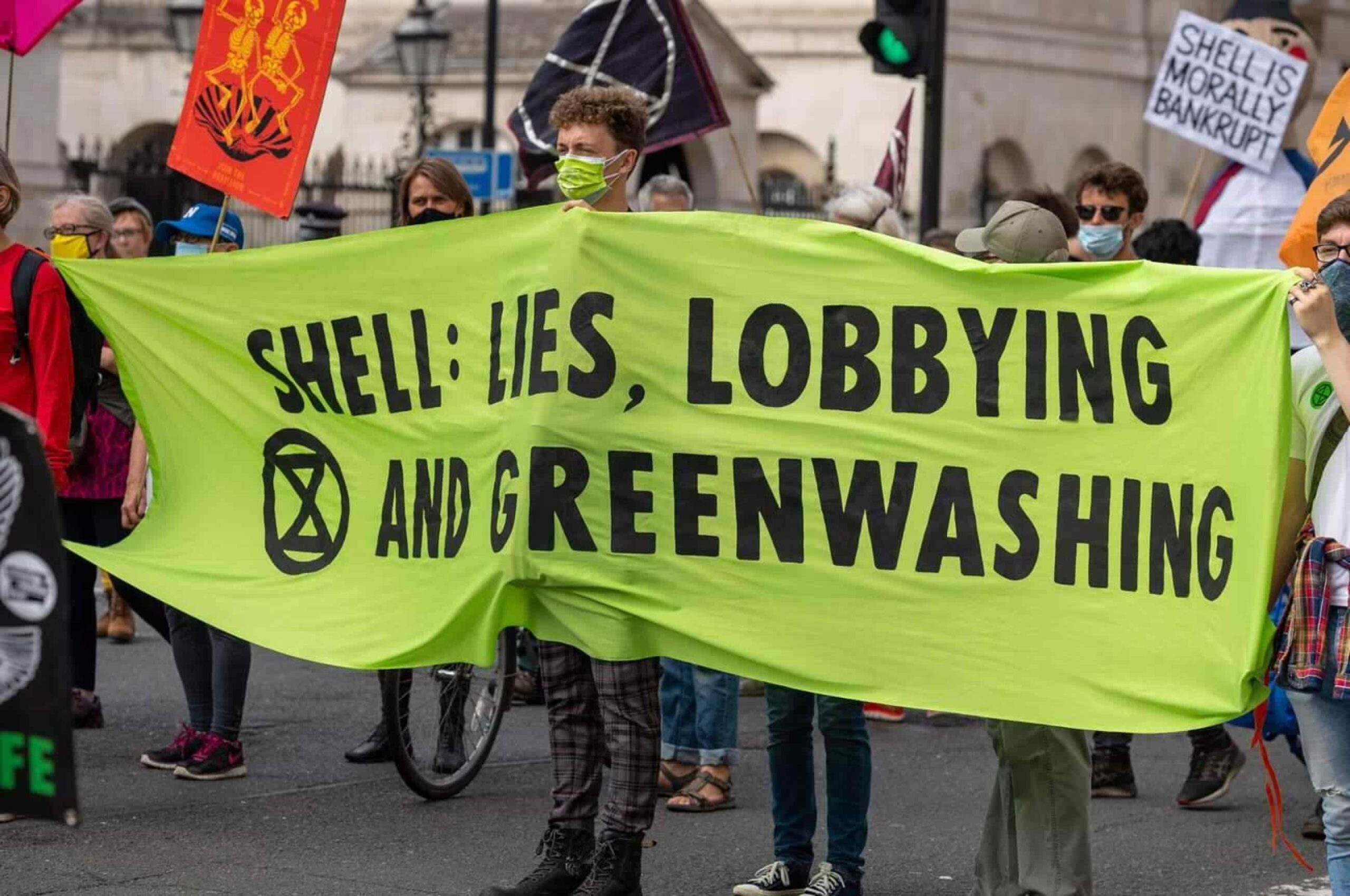The newly released report of the climate advocates has come up with a highly contentious conclusion in which they have slammed the Gas Certification as greenwashing, which is not environmentally friendly at all.
U.S. senators have called on the Federal Trade Commission to investigate gas firms advertising certified natural gas as premium, low-carbon alternative energy because of its environmental appeal.
This News was first published in Inside Climate News and here re-generated as the initiative of awareness for climate change.
Climate advocacy groups have released a report accusing the fossil fuel industry of greenwashing by promoting natural gas as a low-carbon energy source.
In an attempt to rebrand their products as environmentally friendly, gas producers are turning to third-party companies that offer “gas certification”. These companies claim to monitor gas infrastructure, including wells, for methane emissions that contribute to climate change.
But, as revealed in a recent report by Oil Change International and Earthworks, the gas certification industry operates without regulation. Moreover, the monitoring systems used by these companies are often ineffective, failing to detect the very methane emissions they are supposed to track.
The effects of gas certifications go beyond just being a prestigious item to have as a gas producer, having a deep resonance throughout the industry.
Even though when burnt, natural gas, mainly consisting of methane among other components, has a lesser effect on the climate as opposed to oil or coal; it may be dangerous if accidentally released into the atmosphere since it’s even more than 80 times powerful compared to carbon dioxide over a span of 20 years.
In the United States, nearly 40% of all gas production is certified by companies like Project Canary, Equitable Origin, and MiQ, according to a recent report. As a result, gas utility companies have begun selling certified gas at a premium, passing the cost on to ratepayers.
The gold standard for methane emissions detection, according to Arvind Ravikumar, a director of the Energy Emissions Modeling and Data Lab at the University of Texas at Austin, are the continuous monitors used by gas certification companies. However, he argues that such devices can work well in controlled environments although their performance may not be as expected in real life situations and also they were recently developed.
Based on 81 surveys of 38 oil and gas production sites, Earthworks’ recent report discovered that gas certification companies’ continuous monitoring equipment didn’t detect 22 out of the 23 pollution events identified through the use of optical gas imaging (OGI) technology. Moreover, the records obtained from Colorado Department of Public Health and Environment (CDPHE) revealed that these incidents were not reported by certification companies except in one instance.
However, Project Canary monitors were at 12 out of the 23 emissions events that have been recorded by Earthworks and only one was detected by the company. Besides, these monitors were malfunctioning in about a quarter of the time within an eleven month period. Company representatives on the other hand claimed that their sensors could not detect methane leaks as no site where emissions occurred had undergone certification by Project Canary which instead its sensors detected volatile organic compounds (VOCs).
The company Canary project debunked the EarthWorks findings, showing that one of the events that were discovered happened after a month from when their monitors were removed. In contrast, EarthWorks maintained that three of these events coincided with periods requiring maintenance of sensors.
According to state regulations, monitoring is only mandatory during pre-production and the initial six months of operation at new well sites.
The report’s methodology and emissions monitoring systems were criticized by Ravikumar, an expert at the University of Texas, because they raised some concerns. He claimed that the 38 sites chosen by environmental groups were not randomly selected to represent a scientific sample as is required in such studies. Rather, these sites tended to be chosen because they were situated close to areas where air quality was being monitored and reported on.
Defending the selection process, Raynes of Earthworks stated that in Colorado, all newly found oil and gas extraction sites have to conform with air quality monitoring and reporting standards under Regulation 7. As a matter of priority, surveys for the report focused on places where they could help communities document their concerns or even expose potential compliance problems.
Ravikumar also questioned Project Canary’s monitoring system and gave examples of when the company’s sensors were separated from the oil and gas wells they were supposed to keep track of by sound walls, barriers that were 30ft high. This arrangement could result in un-detected emissions as the plume would have to travel directly across the sensor before being detected. In response, Project Canary argued that their monitors were placed in such a way that they are able to pick VOCs coming from the site into the surrounding neighborhood; hence, their position was accurate.

Senator Markey recently received a letter from Khan, in which the latter revealed that the Federal Trade Commission (FTC) is presently revising its guidelines for environmental marketing claims, known as the “Green Guides”.
Markey expressed his approval of the FTC’s decision to take up his worries about certified gasoline, saying that such certifications can be misleading because they simply rebrand ordinary gasoline with a more attractive label.
The success of certifications depends on other people, including the public, regulators, and industry professionals, recognizing their importance according to Ravikumar. Without this trust, certifications will just be things that do not have any value.

He cautioned that it could go in another direction as was seen in the case of the carbon offset market where the projects did not deliver what they had promised regarding cutting back emissions thereby making the offsets practically useless. “The carbon offset market has become junk because people no longer trust the numbers,” he pointed out. He further said that all factors are secondary and certification depends solely on trust.







